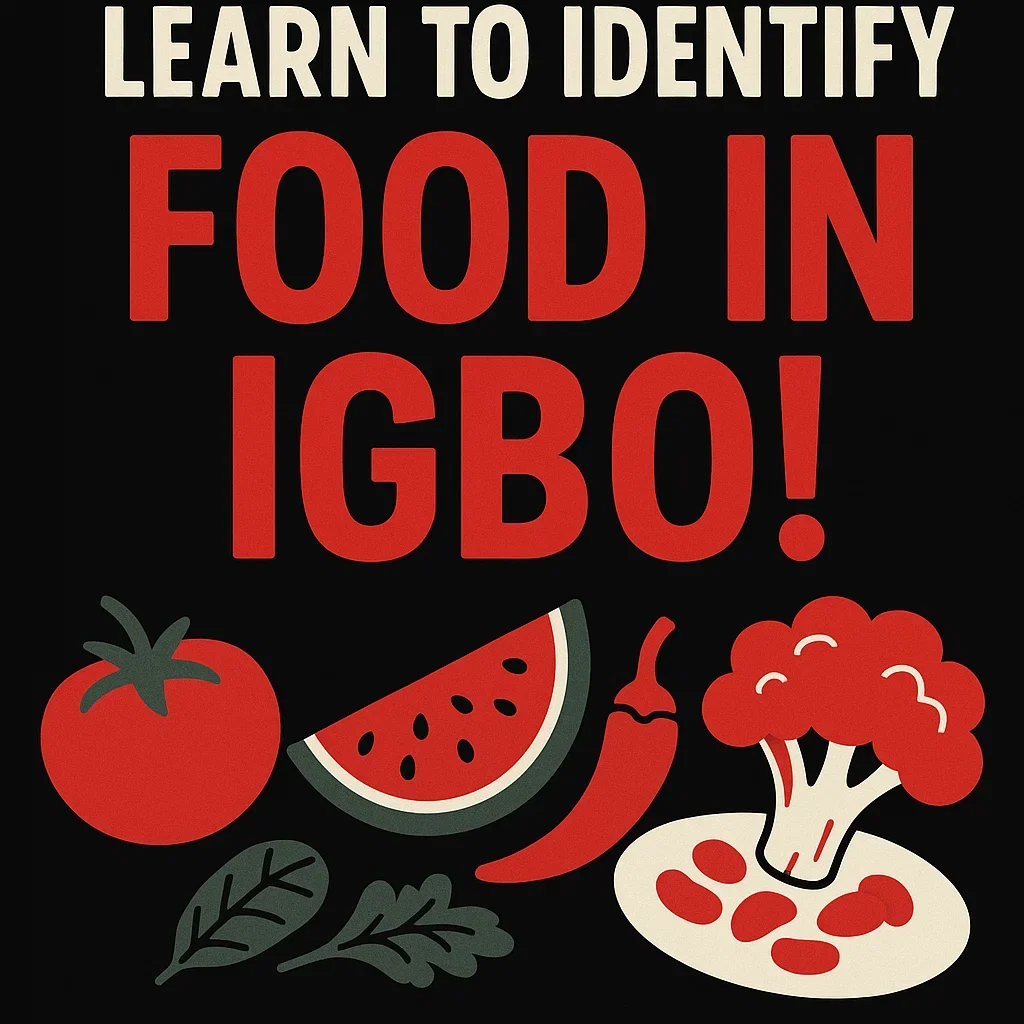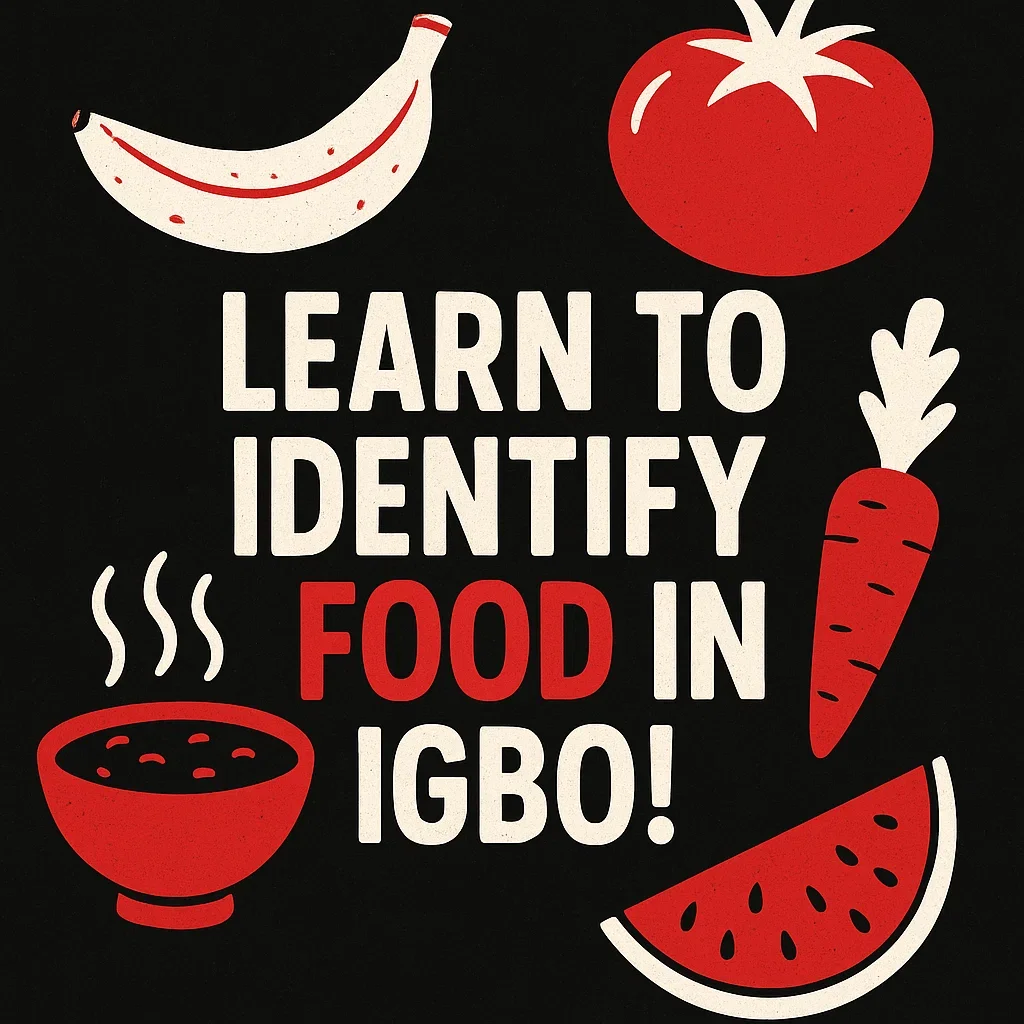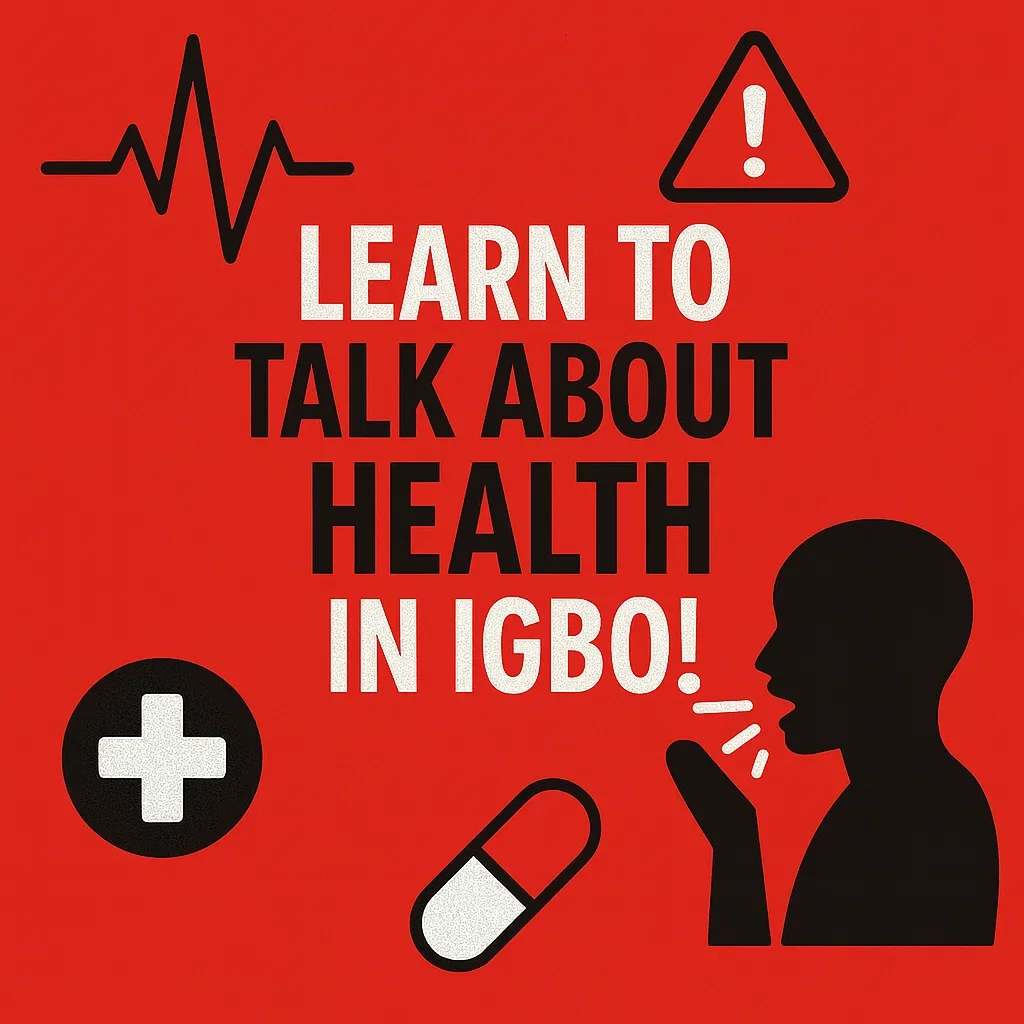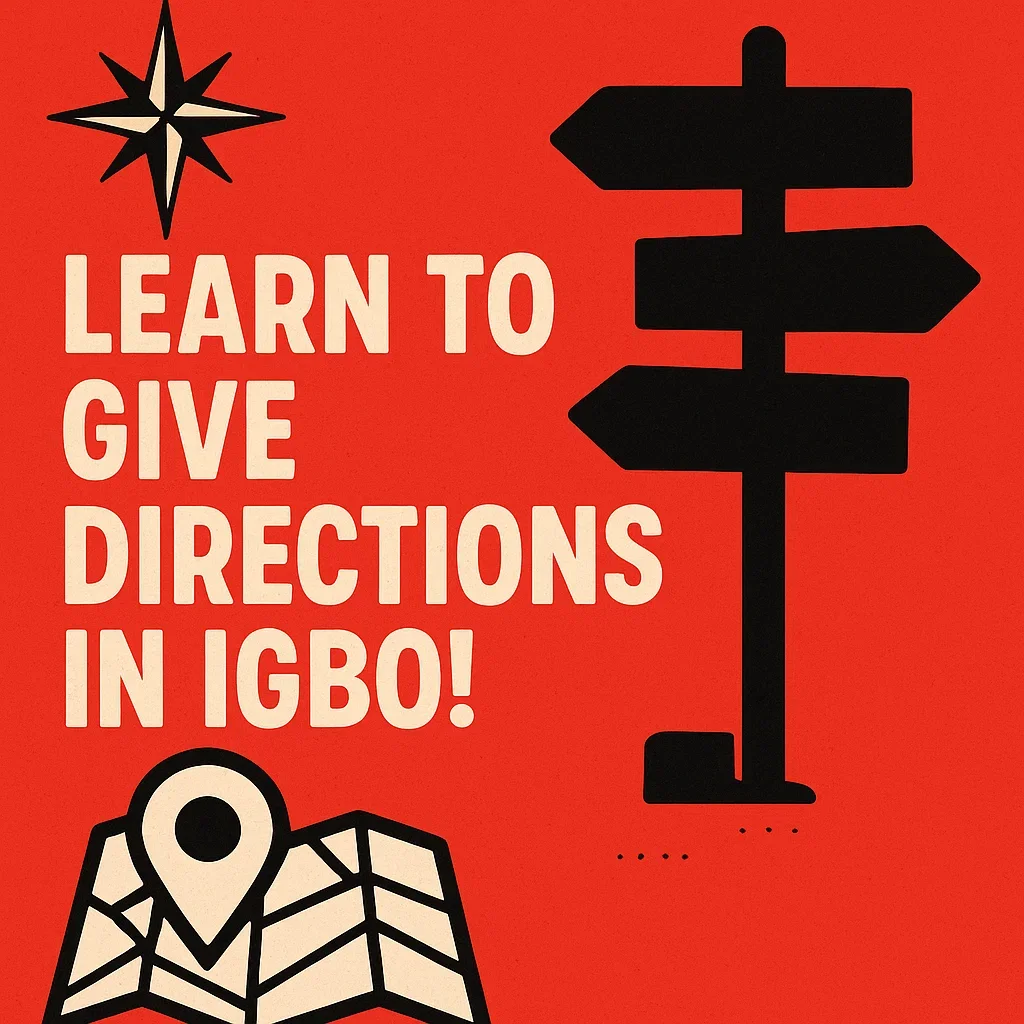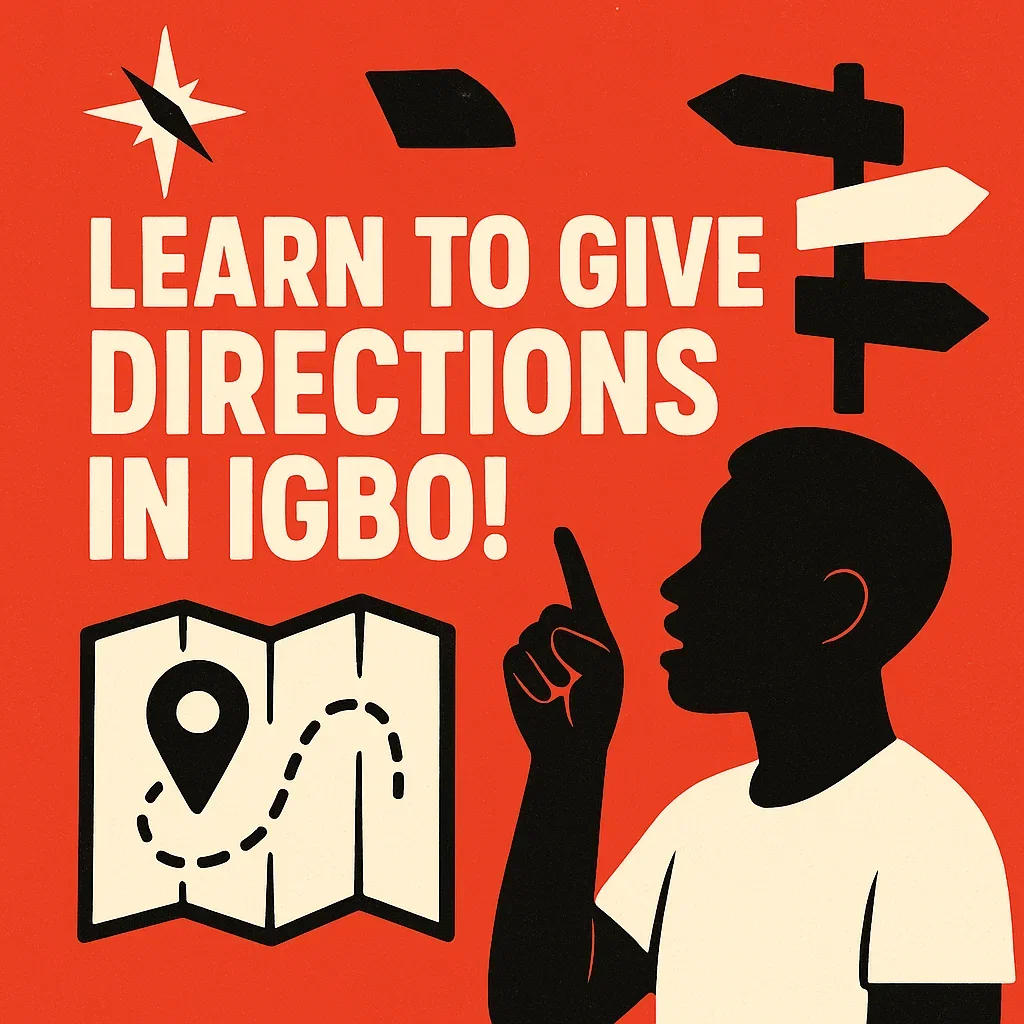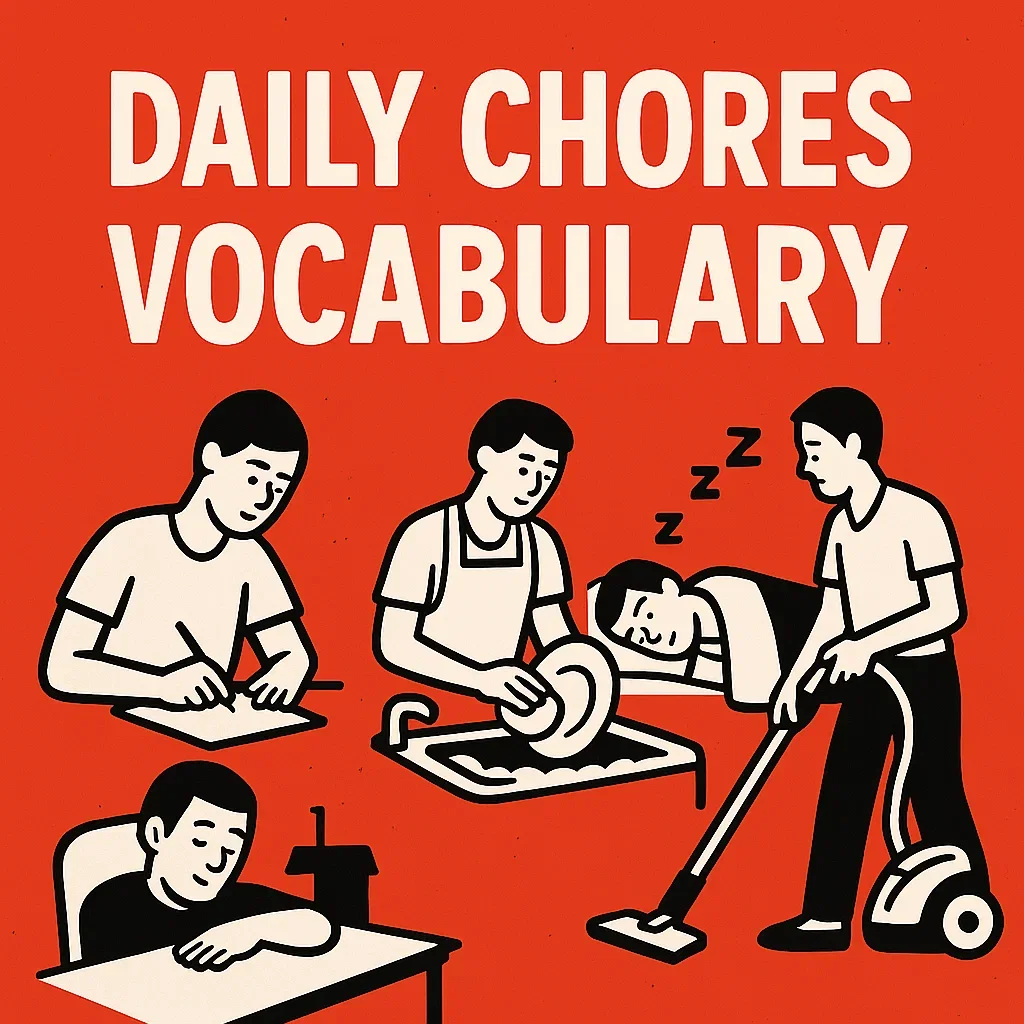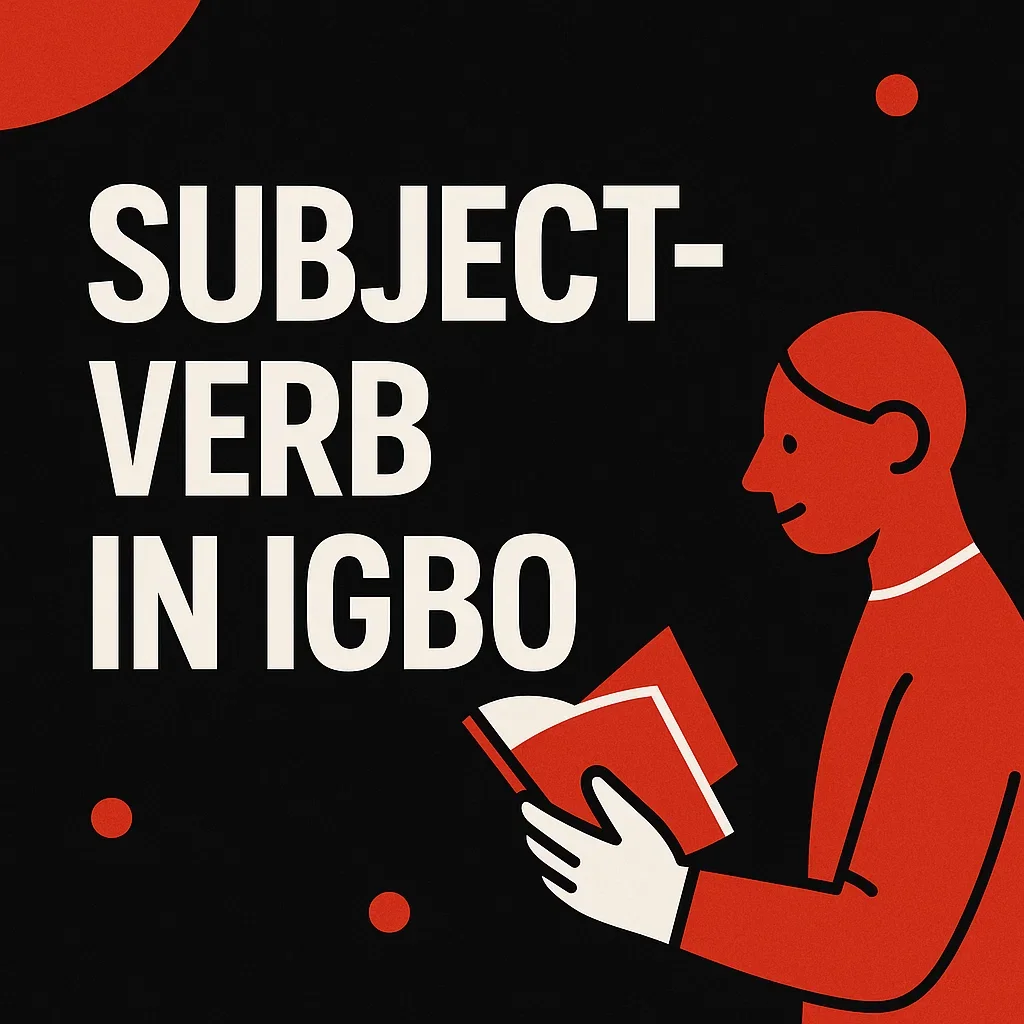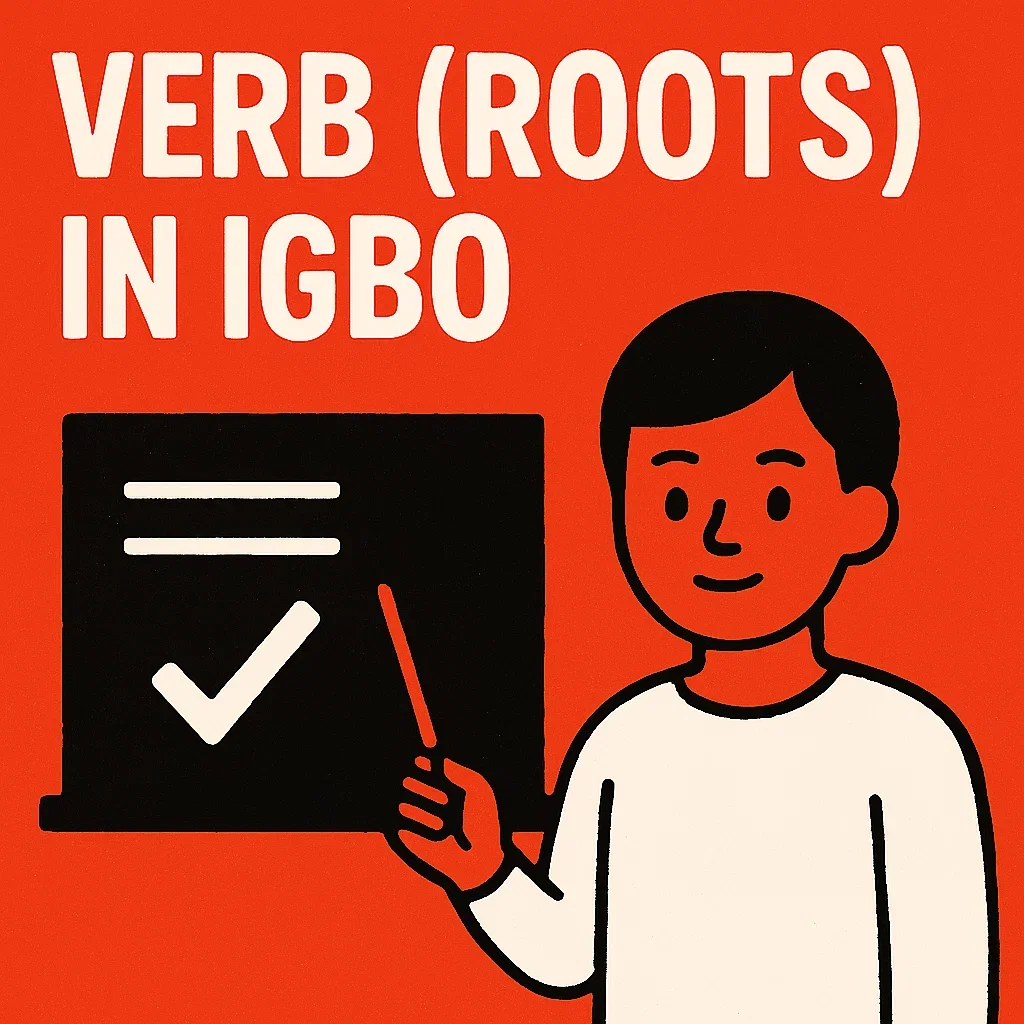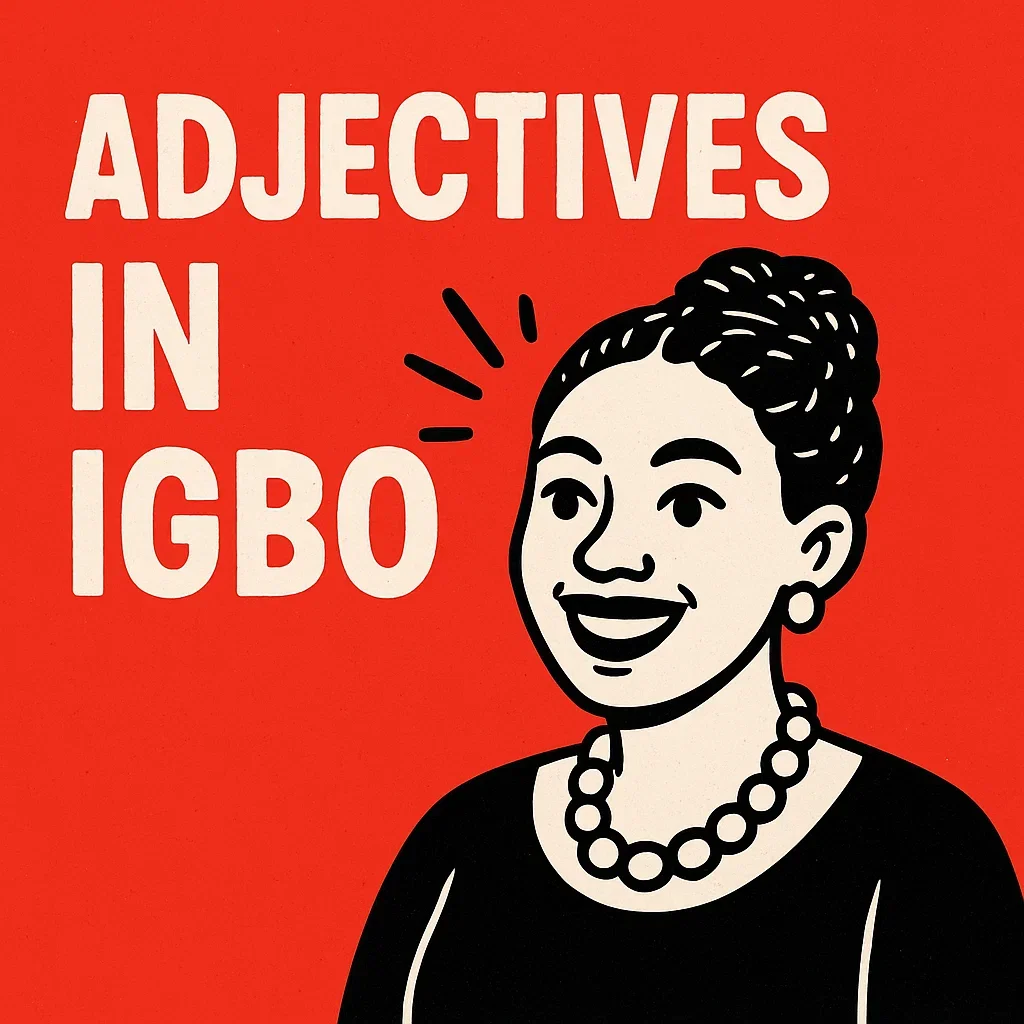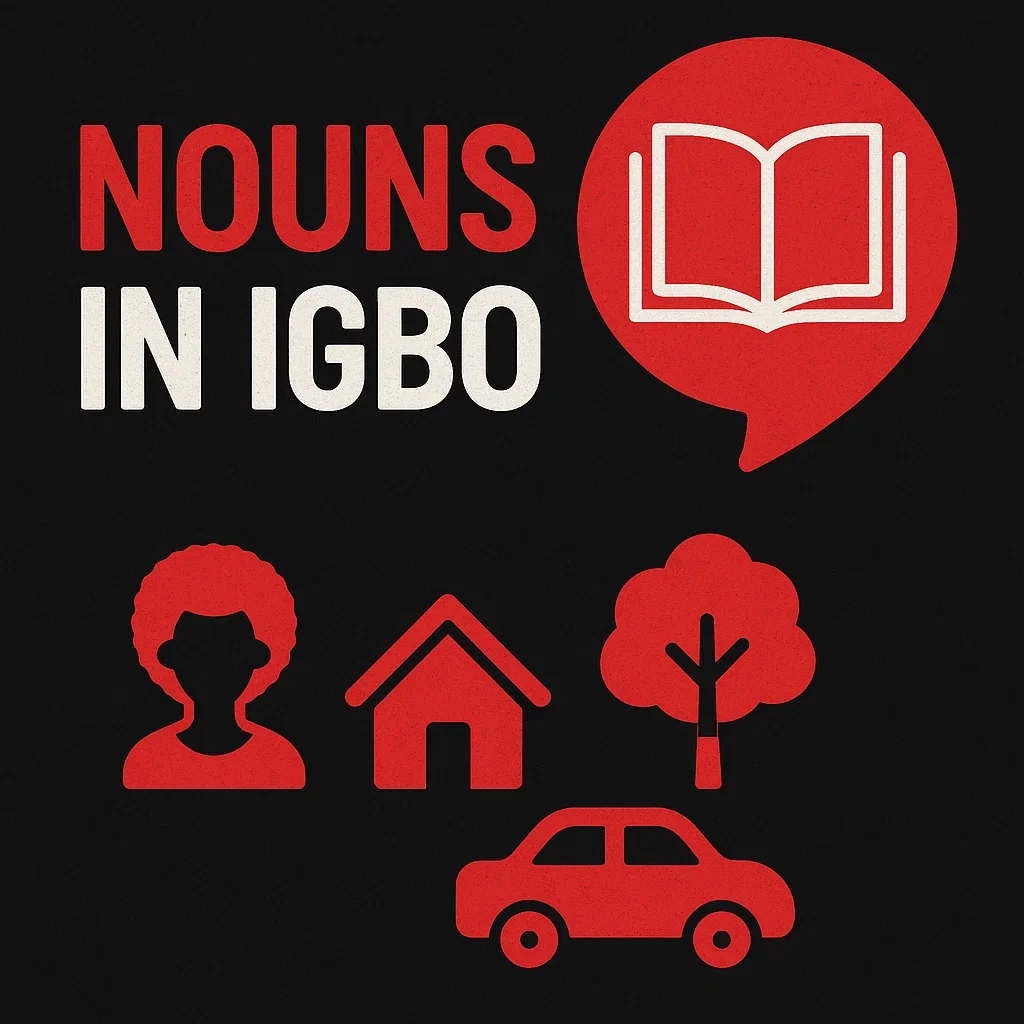Vocabulary Related to Occupations and Hobbies in Igbo Language taught by Uzoma Veer
This post is set to “Public View,” so anyone with a link can view it. Feel free to share with others.
Watch a recording of Session 25 from our free Igbo language class held on Zoom below ↓
Quick recap
The session focused on teaching and practicing Igbo language skills, with Uzoma leading lessons on vocabulary related to occupations and hobbies while explaining proper pronunciation and diacritics. The class engaged in grammar discussions covering sentence structure, negation, and word functions, with participants practicing translations between English and Igbo. The session concluded with explanations of various Igbo language concepts including verb forms, noun pluralization, and reading-related vocabulary, along with instructions for participants to review recorded classes.
Next steps
All students to review recorded classes for any missed content.
All students to practice forming sentences using the vocabulary learned about occupations and hobbies.
Data to practice using the root verb "cho" in different forms.
Nlota to practice vocabulary related to future occupation .
Session Summary Notes
Igbo Language Vocational Vocabulary
Uzoma led an Igbo language lesson focused on vocabulary related to occupations and hobbies, explaining how to use adjectives and proper diacritics in Igbo words. The class discussed various professions with Uzoma demonstrating how to pronounce and write these terms correctly with appropriate dots and diacritics. The lesson included practical exercises where students practiced saying common hobbies and activities in Igbo, with Uzoma encouraging students to share any occupations they didn't know how to express in Igbo.
Igbo Language Grammar Discussion
Uzoma led a discussion on Igbo language grammar, focusing on sentence structure and vocabulary. The group analyzed sample sentences to identify subjects, verbs, and objects, with particular attention to negation using "away" for "not." Nlota and Data participated in practice exercises where they answered questions about their activities when not working.
Igbo Word Translation Discussion
The group discussed translating and understanding Igbo words with their English meanings, focusing on the function of specific Igbo words like "na" and "aga." Uzoma explained that "na" works as a conjunction to join words together, while Data and Nlota provided translations and clarifications about word meanings and usage. The discussion included examples of sentences to illustrate how these words function in context, with participants working through translations and explanations together.
Igbo Sentence Structure Language Class
Uzoma explained different sentence structures in Igbo, focusing on three forms: describing oneself as a person (e.g., "I am an artist"), describing an action (e.g., "I draw"), and using a reduced form (e.g., "draw things"). The discussion included examples of translating these concepts into Igbo and practicing with partner questions about hobbies and occupations.
Igbo Language Vocabulary and Grammar
The group discussed Igbo language concepts, focusing on vocabulary and grammar. The discussion included explanations about Igbo noun pluralization, with Uzoma clarifying the proper pronunciation. The session concluded with a reminder for participants to review recorded classes.
Meet Your Instructor
Uzoma Veer is a creative professional and founder of Veepress Integrated Services. Passionate about purposeful design and communication, Uzoma works as a UI designer, social media manager, Igbo tutor, translator, creative writer, and public speaker.



